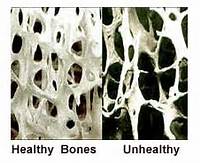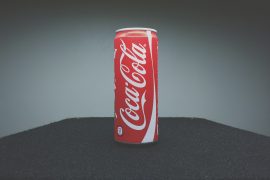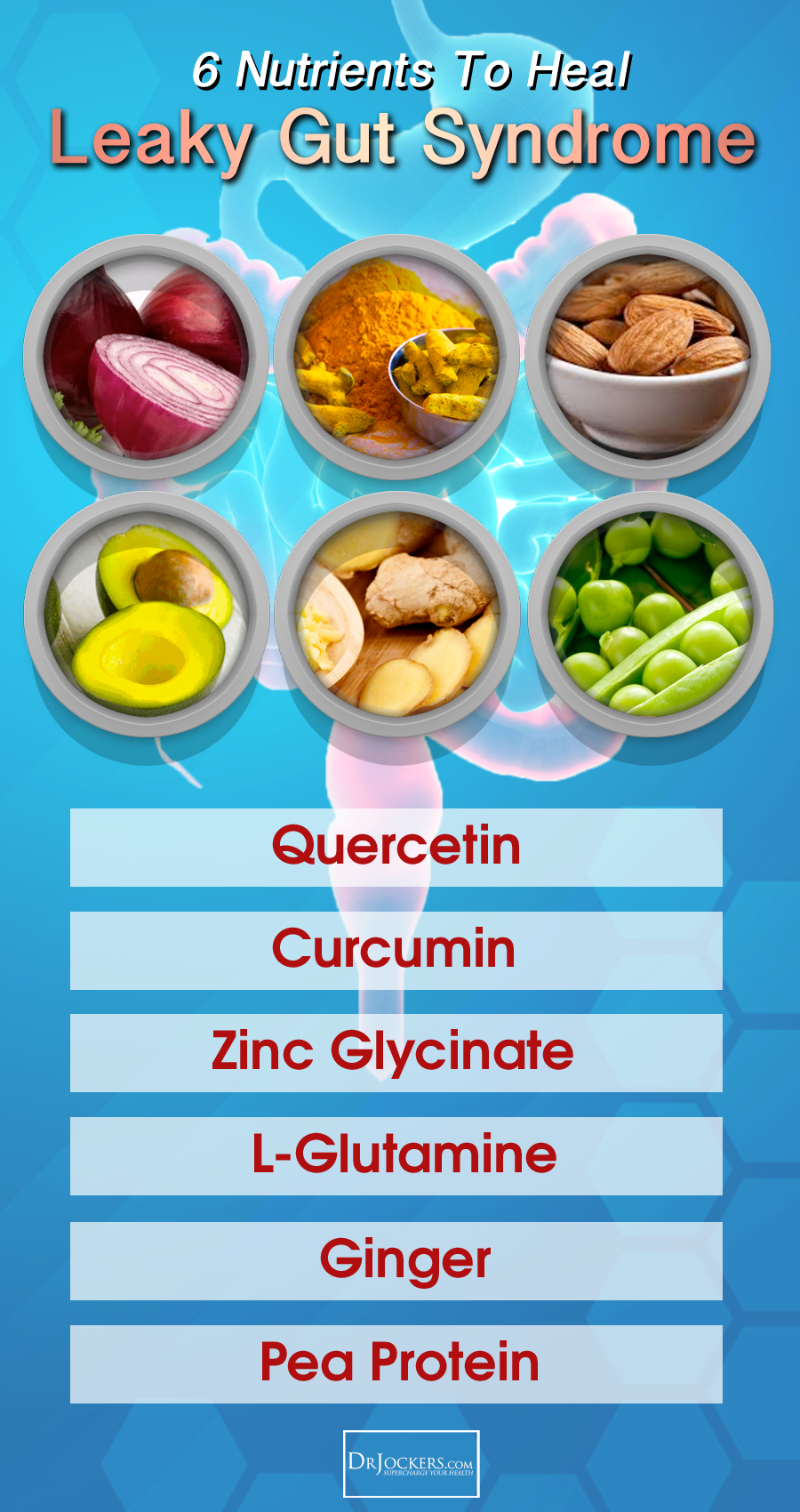Most people think of calcium in its relation to healthy bones and teeth. Calcium is also an essential mineral for maintaining a healthy cardiovascular system, as well as intracellular signaling, hormonal secretion and healthy muscles and nerves. It is estimated that 70% of people don’t get enough calcium in their diet.
What are the signs of calcium deficiency?
Signs of calcium deficiency can produce common problems such as an inability to sleep or muscle cramps, which many people may attribute to other causes such as being stressed, or having exercised too much. If you aren’t consuming enough calcium, the body will take it from your bones, which can weaken them and increase the risk of fracture.
Signs of minor calcium deficiency include:
Lethargy
Numbness
Tingling in fingers
Muscle cramps
Poor appetite
Signs of major calcium deficiency include:
Mental confusion
Convulsions
Dermatitis
Abnormal heart rhythms
Things than can effect calcium absorption
- Sodium –Found in table salt. These increase urinary calcium excretion before the calcium can be absorbed.
- Phosphoric acid–Found in sodas and carbonated drinks. It is believed that phosphoric acid causes calcium to be replaced in the bone by the phosphoric acid.
- Caffeine-Found in tea, coffee and sodas, if individuals aren’t consuming enough calcium, this may lead to bone loss.
- Overconsumption of Protein– Consuming too much protein in relation to the amount of calcium being consumed can be a problem, calcium is leached from the bones as excess protein is burned.
- Medications-Such as steroids can cause weaker bones.
- Alcohol According to Primal Kaur, MD, an osteoporosis specialist at Temple University Health System in Philadelphia, consuming 2 to 3 ounces of alcohol every day can interfere with the stomach’s ability to absorb calcium adequately. Alcohol also affects the ability of the ability of the pancreas to properly absorb calcium and vitamin D which is important for calcium absorption.
- Tobacco Vitamin D helps bones to absorb calcium, smoking however interferes with how your body can process and use vitamin D. With less calcium available to build healthy bones, you may increase your risk of bone fracture.
Dietary Sources of Calcium
Salmon, sardines
Beans and peas
Dark green leafy vegetables
Oranges, blackstrap molasses, almonds
Low fat cheese
Low fat milk & yogurt
Chinese cabbage (pak choi, bok choy)
Broccoli
Green snap peas
Almonds
Sesame seeds
Chia seeds
Quinoa
Figs
For more information on food sources of calcium:
◦U.S. Department of Agriculture’s (USDA) National Nutrient Database
◦Nutrient List for calcium (listed by food or by calcium content), USDA
There’s more to a healthy body than calcium
Calcium and magnesium work together. Magnesium helps your body to absorb and retain calcium. Magnesium works with calcium to build and strengthen bones and prevent osteoporosis. Magnesium is found in nuts, seeds, whole grains, seafood, legumes, tofu, and many vegetables including leafy greens.
Vitamin K helps to regulate calcium. Increase your vitamin K by adding fermented foods, green leafy vegetables, collard greens, kale, broccoli or brussel sprouts to your diet.
Vitamin D is also of critical importance in assisting the body to absorb and regulate calcium. If you’re not spending 15 minutes or more each day in the sun, you may be in need of additional vitamin D. Good sources of vitamin D include cheese, eggs, fish, shrimp, oysters and butter.
Phosphorous also works with calcium to build bones, but balance is important. Too much phosphorous in your diet can hinder your ability to absorb calcium. Good sources of phosphorous include, whole grains, lentils, fish, poultry, dairy and nuts.
Osteoporosis Drugs May Be Doing Our Bones More Harm Than Good
An 8-year study of over 88,000 people found that taking bisphosphonates tripled the risk of developing bone necrosis. This study shows that bisphosphonates caused permanent loss of blood supply to bone, resulting in tissue death.
Note:
Calcium supplements can cause constipation if not balanced with magnesium.
Excessive levels of calcium in your blood can have negative health effects such as nausea and vomiting. Any concerns or questions you have should be discussed with your health care practitioner.
Additional References
11 Foods High in Calcium
Calcium Content of Common Foods
Nguyen ND, Ahlborg HG, Center JR, et al. Residual lifetime risk of fractures in women and men. J Bone Miner Res 2007, 22:781-788.








